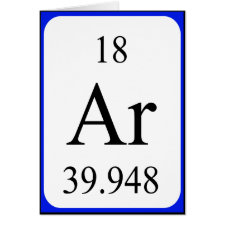
Authors: Wang HY, Kobayashi T, Fukaya T, Fujii N
Article Title: Molecular imprint membranes prepared by the phase inversion precipitation technique .2. Influence of coagulation temperature in the phase inversion process on the encoding in polymeric membranes.
Publication date: 1997
Journal: Langmuir
Volume: 13
Issue: (20)
Page numbers: 5396-5400.
DOI: 10.1021/la970114x
Abstract: Molecular imprinting membranes of theophylline (THO) were prepared by phase inversion with poly-(acrylonitrile-co-acrylic acid) (P(AN-co- AA)). The copolymer-dimethyl sulfoxide solution with THO template was coagulated in water at various temperatures. It was found that the decrease of coagulation temperature caused an increase in THO binding to the THO-imprinted sites of the resultant membrane. The results for the H-1-NMR of the membrane before template extraction showed that the template amount in the membrane coagulated at 10 degrees C is higher than that at 40 degrees C. The IR analysis of P(AN-co-AA) membranes indicated that the effective binding of THO is due to hydrogen bonds between the THO and OH group of nondimerized carboxylic acid segments. For caffeine, which is structurally close to the THO template, less effective binding to the membranes was obtained. It was discussed that the high binding selectivity of THO solute to the copolymer membrane arises from the formation of the imprinted sites, which consist of free OH group of carboxylic acid segments for hydrogen bonds with the substrate



Join the Society for Molecular Imprinting

New items RSS feed
Sign-up for e-mail updates:
Choose between receiving an occasional newsletter or more frequent e-mail alerts.
Click here to go to the sign-up page.
Is your name elemental or peptidic? Enter your name and find out by clicking either of the buttons below!
Other products you may like:
 MIPdatabase
MIPdatabase









